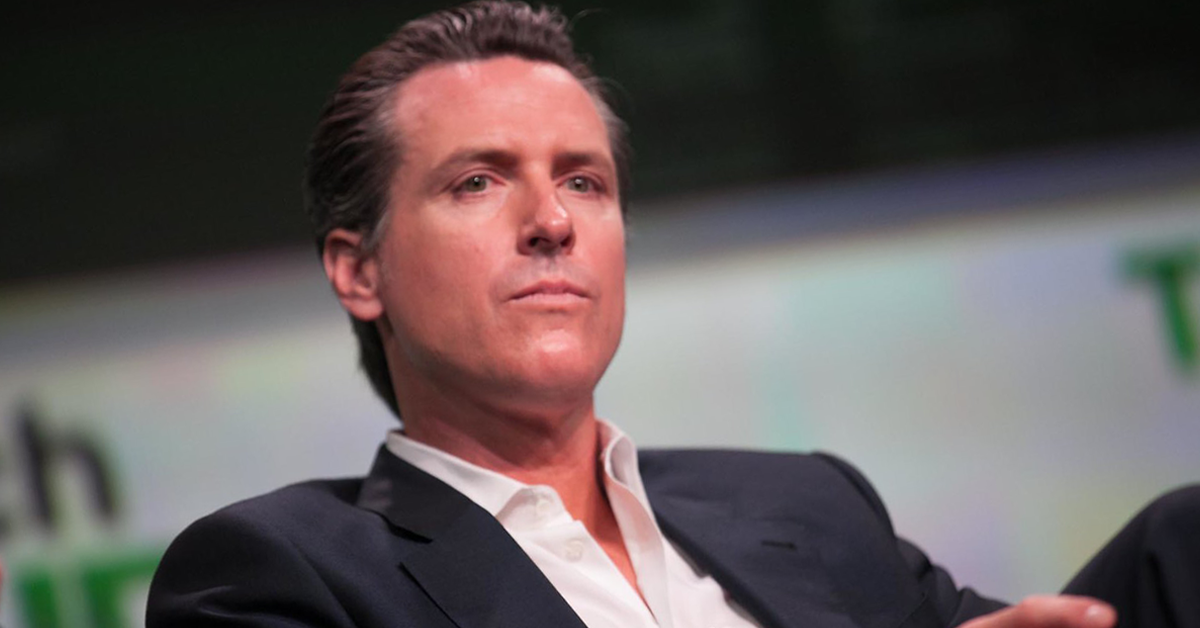Bitwise founders and former co-CEOs Jake Soberal and Irma Olguin Jr. are being charged with fraud by federal authorities.
Both Soberal and Olguin will appear in federal court Thursday afternoon after they admitted to significant criminal conduct to investigators.
The big picture: Soberal and Olguin self-surrendered to federal authorities on Thursday after being charged with conspiring to commit wire fraud and taking over $100 million from businesses and individuals.
- U.S. Attorney Phillip A. Talbert announced the charges Thursday morning.
- According to Talbert, Soberal and Olguin fabricated bank statements, lied to investors, provided false financial information to their board of directors, forged documents and used buildings Bitwise no longer owned as collateral for loans.
- The duo are being accused of pocketing cash while committing fraud.
- Soberal and Olguin admitted to federal investigators during interviews in September that they committed criminal misconduct.
- The complaint alleges that Soberal and Olguin agreed to lie to board members, investors, lenders and others about Bitwise’s finances to obtain funding. They allegedly did so by fabricating financial information in board presentations and investor materials, as well as altering and forging bank statements, audits and other financial records.
- Soberal and Olguin each took home $600,000 per year in salaries.
- They face a maximum of 20 years in prison and $250,000 fines if convicted.
Go deeper: The complaint shows that Soberal and Olguin told the Bitwise board in February 2022 that the company had over $44 million in cash, despite bank records showing only $11.7 million on hand at the time.
- In March they said the company had over $77 million in the bank and a revenue of over $143 million. Bank records show that the cash balance was actually under $5 million, and the complaint says that the revenue number was completely fabricated.
- Former Bitwise President Beth Mily talked to Soberal and Olguin about the company’s cash problems on several occasions, regarding the issuance of paper checks instead of direct deposit at all times. They told her not to worry about it. They also made short term loans at a 10 percent interest rate to the company, and asked other key personnel to do the same – a tactic they called “passing the hat.”
- A previous CFO for the company – who is unnamed in the complaint and worked in the role from June 2020 through September 2021 – told investigators that Bitwise was always cash-negative when he worked there, estimating that the company lost over $20 million annually.
- When he was hired Bitwise was not using Generally Accepted Accounting Principles, the default accounting standard used by companies throughout the nation. When he switched accounting models the company’s 2020 revenue was reduced from $30 million to $9 million, which Soberal and Olguin were unhappy about and told him that he was wrong.
- When the next CFO came in, 14 months after the previous one had left, the books had not been reconciled in over a year. Several board members told investigators that they now believe the absence of a CFO was by design.
- Other employees told investigators that Bitwise had few actual customer sales and that the company’s revenue was always low and not close to being profitable.
- Another employee told investigators that Soberal and Olguin “seemed to hire a lot of friends, family members, and acquaintances who were not qualified for their jobs, paid everyone high salaries, and gave people large raises despite the company’s financial struggles.”
- The complaint shows that shortly before the company collapsed in late May, Soberal purchased a new Tesla with company funds.
- The complaint details various hiring and staffing issues, including hiring a recent college graduate who had been working at a coffee shop to be an executive assistant before being quickly promoted to Vice President of Hiring and given a salary of over $125,000 per year.
- Bitwise’s self-stated culture of inclusiveness was also used as an excuse to not provide financial records to potential investors. A London-based investor agreed to give Bitwise $150 million on May 5, 2022. But the investment fell through because Soberal and Olguin refused to provide bank statements and told the investor that they terminated the investment because it “did not align with the company’s stated goals and culture of inclusiveness” and that the investor’s “due diligence requests were unfair.”
- In securing capital from another investor, Soberal and Olguin admitted to altering bank statements to inflate Bitwise’s cash balances.
What they’re saying: “The defendants could have chosen simply to admit the failure of Bitwise’s business model,” Talbert said in a statement. “Instead, they used lie after lie to pull in over $100 million into a dying venture through fraud.”
Read the unsealed indictment:










